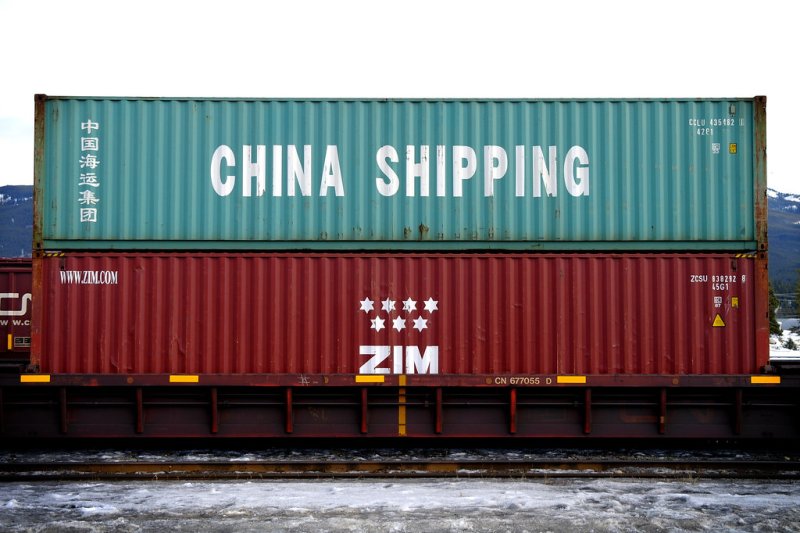- Negotiations

A bilateral trade agreement between Australia and China was finalised in 2015.
This agreement is controversial in Australia because it increases entry of temporary Chinese workers in a large number of occupations, without testing first if local workers are available. There are also provisions for Chinese companies with projects worth over $150 million to negotiate the number of foreign workers they bring in as well as their pay and conditions. This is the first time an arrangement which could allow most of the workforce to be imported has been included in any Australian trade agreement. It is unclear whether recent changes to the regulations of Australia’s Migration Act will be sufficient to ensure that such workers are not exploited.
Temporary migrant workers in Australia are already at a high risk of exploitation. There have been a number of studies showing exploitation of temporary workers, working long hours in dangerous conditions at less than minimum wages. Without greater protections in place there are concerns that increased numbers of temporary workers negotiated through trade agreements could lead to more cases of exploitation.
One important impact of the agreement is how it will open the doors to more Chinese investment in Australian agriculture. China is looking to secure its food supply by investing in agribusiness abroad, whether by investing directly in farms or buying into supply chains. Australia is an important source of meat and to a lesser extent dairy for China, and so ChAFTA is expected to boost Chinese deals in Australia’s livestock industry.
The ChAFTA is also controversial because it contains Investor-State Dispute Settlement (ISDS) provisions, which allow foreign investors to bypass national courts and sue governments before an arbitration tribunal for compensation if they can argue that changes to law or policy harm their investment. This gives increased power to corporations at the expense of democracy and the public interest.
Contributed by AFTINET
last update: March 2016
Photo: PughPugh/CC BY 2.0
20-Aug-2006
The Age
Industry plans for Australia’s manufacturing, textile and clothing industries are not up for negotiation in a free trade deal with China, the federal government says.
15-Aug-2006
Labor leader Kim Beazley has accused a China-based Australian of growing rich on Australian intellectual property and wants the Government to slowly ditch trade negotiations with China.
14-Aug-2006
As free trade deals go, it’s got the potential to be a whopper.
The Australian manufacturing industry though, is nervously awaiting the outcome of a Federal Cabinet debate today on a free trade deal with China. Cabinet ministers will consider if it should offer to cut tariffs on Chinese imports in return for greater access to China’s services industry.
13-Aug-2006
How is the debate inside cabinet about what should be put on the table for the free trade agreement with China and what should be kept in the cupboard, playing in Beijing’s secretive pagodas of power?
9-Aug-2006
Federal Labor Leader Kim Beazley has urged caution in negotiating a free trade agreement with China, as federal cabinet shows signs of a split over parts of the proposed deal.
9-Aug-2006
Foreign Affairs Minister Alexander Downer says Australia does not want to disrupt investment plans in the automotive and clothing industries through its free trade negotiations with China.
7-Aug-2006
AFP
Free trade negotiations between China and Australia are sensitive for both countries, Foreign Minister Alexander Downer said amid reports the cabinet is split over whether to abandon tariffs protecting Australia’s clothing and motor vehicle industries.
31-Jul-2006
The head of Australia’s biggest steel maker, BlueScope Steel, has questioned the value of a free-trade deal with China and urged the Federal Government to even up tariffs on steel traded between the countries.
3-Jul-2006
No other country today appears to be more important in Australia’s diplomatic and political calculations than China, at least for commercial purposes.
29-Jun-2006
Australian Prime Minister John Howard will pay a two-day visit to China from today to promote gas exports and plans for a free-trade deal with the booming, energy-famished economy.





